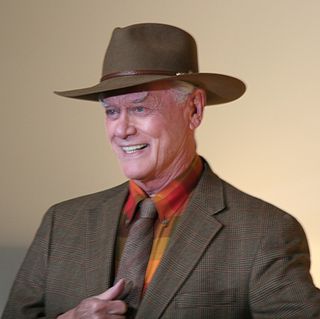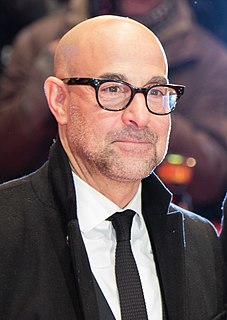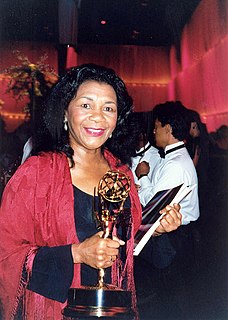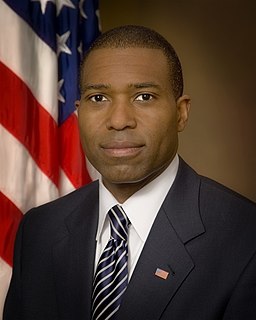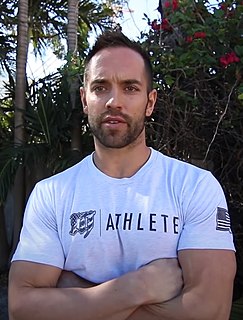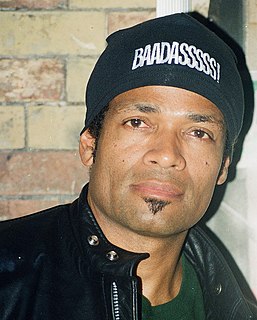A Quote by Thomas Pynchon
What, I should only trust good people? Man, good people get bought and sold every day. Might as well trust somebody evil once in a while, it makes no more or less sense.
Related Quotes
When the trust is high, you get the trust dividend. Investors invest in brands people trust. Consumers buy more from companies they trust, they spend more with companies they trust, they recommend companies they trust, and they give companies they trust the benefit of the doubt when things go wrong.
Trust is a fragile thing. Once earned, it affords us tremendous freedom. But once trust is lost, it can be impossible to recover. Of course the truth is, we never know who we can trust. Those we're closest to can betray us, and total strangers can come to our rescue. In the end, most people decide to trust only themselves. It really is the simplest way to keep from getting burned.
In cyberspace, we get many fewer cues about the emotional states and attitudes of the people we're talking to. That makes it less interesting, easier to mis-communicate, and more likely to destroy trust. So you need to treat cyberspace with care, especially being aware of the fragile nature of trust in the virtual world.
Whoever has the power to label others as evil is automatically, or reflexively, the good person. Good people label bad people as evil. And once you do that, then it demonizes them. You don't negotiate with evil. You don't sit down at the table with the devil and say, "Okay, let's work this out." What you want to do is destroy evil. Every Catholic kid every night says, or should say, "Lead us not into temptation, deliver us from evil." And so you've got to go to God to help you deal with evil rather than your State Department or your negotiators.




